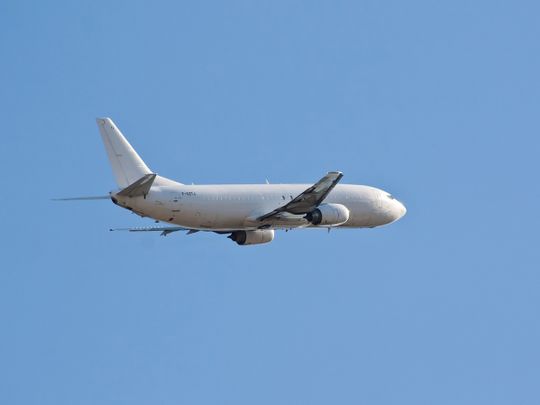
Dubai: If your employer provides you with a yearly air ticket allowance, does it have to be based on how much the ticket to your home country costs? A Gulf News reader wrote in, asking whether he was entitled to a yearly air ticket from his employer, and if so, would the amount be based on market prices.
He said: “I recently got a job offer from a Sharjah company. They have provided me with a breakdown of my salary, and as part of the benefits, they are only offering Dh1,000 for my yearly air ticket. I told them that the ticket normally costs a lot more and requested that they provide the ticket cost based on the market rate. They have refused to do so. I am confused as I thought a company is required to cover the cost of the yearly ticket to my home country. Can you please let me know if that is correct? If not, what can I do?”
Gulf News raised the query with Mohamed Gamal, Legal Adviser at Kaden Boriss Legal Consultants Dubai, who spoke about what the UAE’s Labour Law specifies in terms of air ticket allowance.
“By law, the company is only obliged to provide the return ticket at the time of termination of contract and not the annual vacation ticket. As for any other allowance like the yearly air ticket, it can be agreed upon between the two parties and written in the contract,” Gamal said.

By law, the company is only obliged to provide the return ticket at the time of termination of contract and not the annual vacation ticket. As for any other allowance like the yearly air ticket, it can be agreed upon between the two parties and written in the contract.
Return ticket at the end of work contract
As for the return ticket, which employers are required to pay for at the end of the employment contract, the situation differs if the employee is subject to the UAE Labour Law for private sector employees or the Human Resources and Settlement Law for government sector employees.
“If he is subject to the Labour Law, then Article 131 of the law, (amended on 08/25/2020) applies to him - which states that upon the termination of the contract, the employer shall bear the costs of returning the worker to the party from which he recruited him or to any other place that the two parties have agreed upon. If, after the end of his contract, the worker joined the service of another employer, the latter would be obligated to pay the worker's travel expenses at the end of the service,” Gamal said.
In cases where the reason of termination are due to the worker’s conduct, the deportation would be at the worker’s expense.
“But if the worker works in a public sector, he is subject to Article 149 of Law No. 27 of 2006, where the travel ticket is disbursed to the worker in accordance with the nationality specified in the work contract at the beginning of the appointment,” Gamal said.







